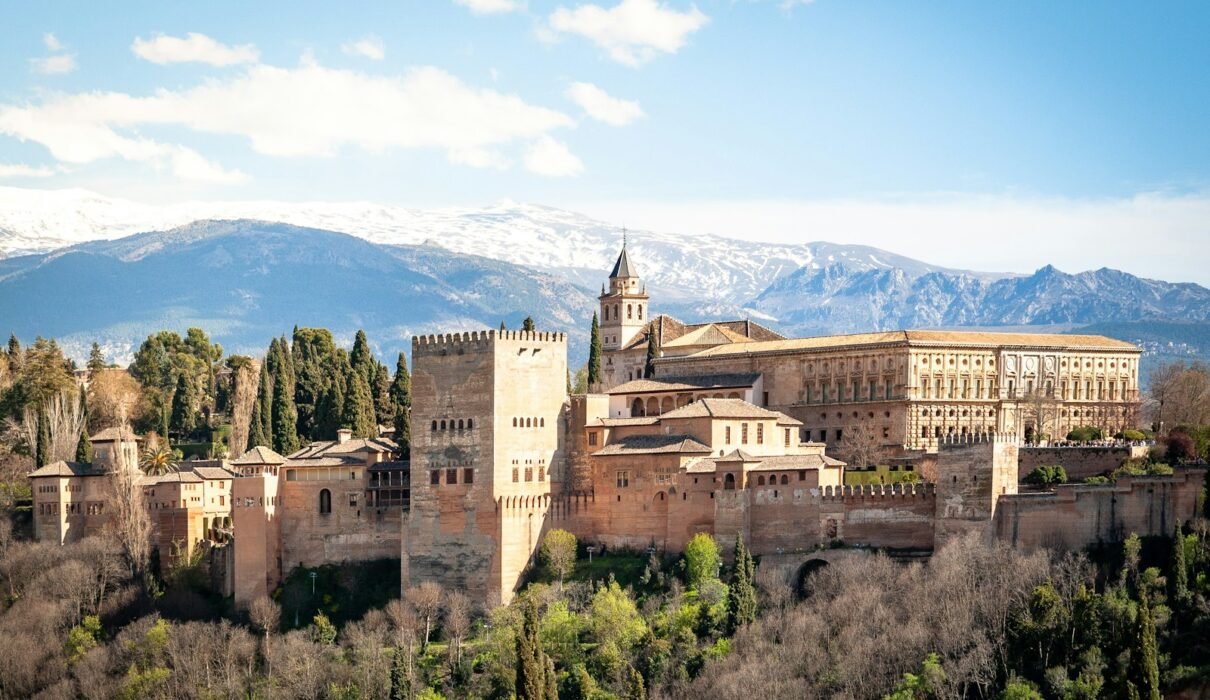A great scientific and historical surprise, regarding the Arab presence in Spain, Andalusia was built by Amazighs Moroccans and there are no Arabs in it.
A genetic study denies the Arab presence in Spain and confirms the old presence of Amazigh ( berber) people from Morocco in Spain.
Sciencetifics Magazine Publications
A great scientific and historical surprise regarding the Arab presence in Spain, carried by a study published in the journal Science on March 15, which was supervised by an international team of 111 people led by researchers at Harvard Medical School and the Institute of Evolutionary Biology in Barcelona, Spain, which analyzed the genetic map of the inhabitants of the Iberian Peninsula Over 8,000 years.
Details and results about the scientific study
The results of this study, which is considered the largest of its kind so far, showed the absence of the genetic map of the Arabian Peninsula, while it confirmed the presence of genes from North Africa dating back to ancient periods, which left a rare genetic imprint on the Iberian population in the Copper and Bronze ages, as found in the Punic and Roman periods.
Analysis of the genetic map showed that by the beginning of the Middle Ages, a quarter of the population of the Iberian Peninsula had transformed, and new population flows appeared, mainly coming from North Africa and the Mediterranean, while no presence of the Arabian Peninsula was recorded.
This was not the only surprise that the study came up with, as the region witnessed during the Bronze Age (between 4000 and 4500 years) a shift in its population composition, as the local men were replaced by men from the plains of Eastern Europe by 100%. Shift ignorant of its causes.
“The genetic data alone cannot tell us what prompted it,” said David Reich, a researcher at Harvard Medical School, who is in charge of the study. “It is wrong to say that the local population has been displaced, because there is no evidence of violence at that time,” adds researcher Iñigo Olalde. “An alternative explanation might be that local Iberian women preferred the new arrivals from Central Europe,” says Aloisa Fox.
Another important finding of this study is that the genetic map of the Basque Country has not changed from the Iron Age (about 3000 years ago) to the present day, which shows that they are not affected by the migrations that the region has known and that they have remained isolated from it.
The results of this study present new hypotheses and re-question the writing of history and its traditional narratives, especially with regard to the Arab existence as “the Andalusian paradise”, and in this regard the research team confirms that genetic data alone cannot reveal the whole truth, which requires concerted studies from other fields of knowledge such as archeology. And anthropology to understand these transformations, and re-read the history of the region.









